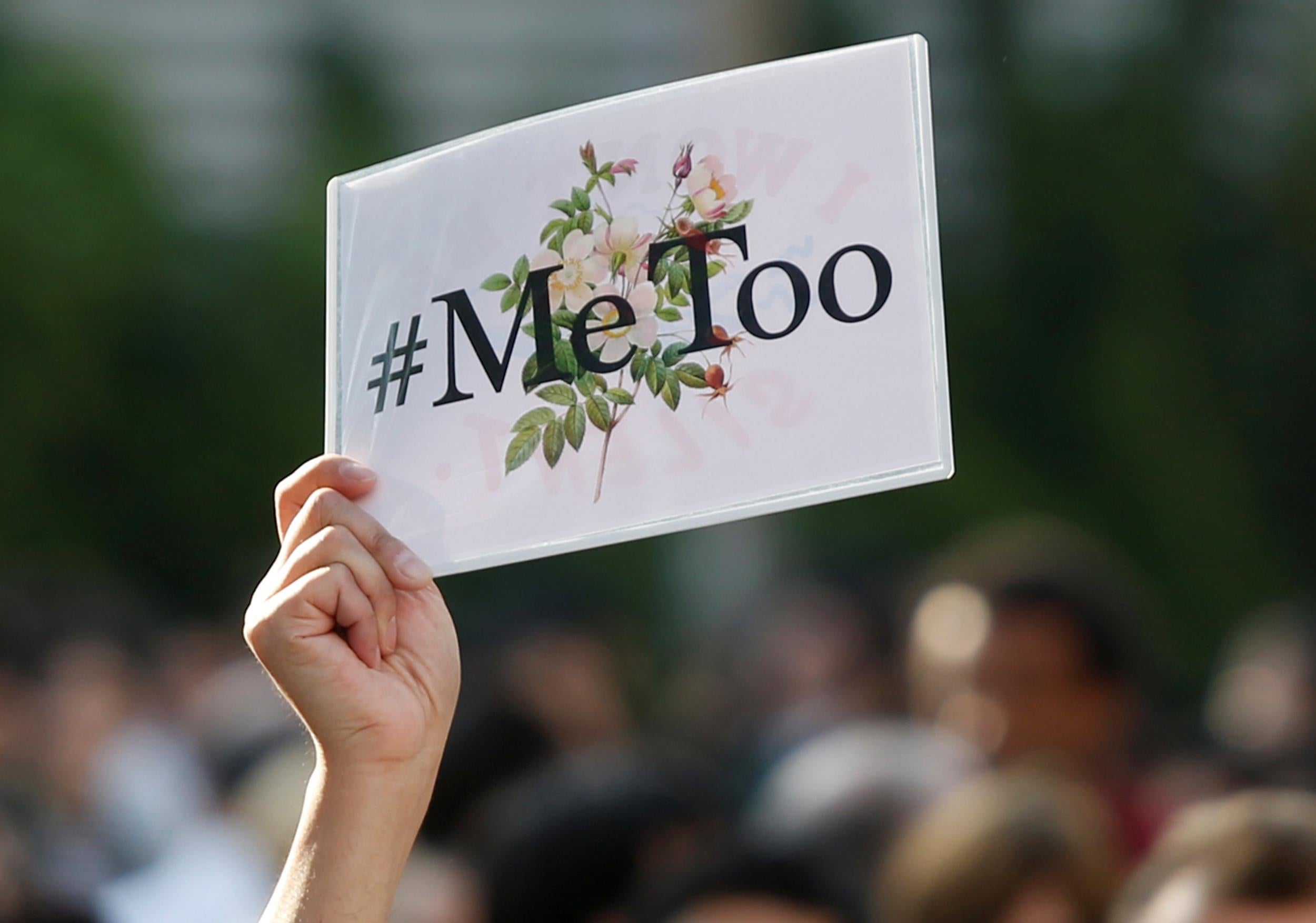Mystery businessman's injunction to stop sexual harassment and racial abuse allegations: what do we know?
Five people are known to have complained about the senior executive's behaviour

A mystery businessman has been granted an injunction preventing publication of details about multiple cases of alleged sexual harassment and racial abuse.
Three Court of Appeal judges ruled that the Daily Telegraph could not publish information about the man’s “discreditable conduct”.
But what do we know about the business figure referred to in court documents only as Mr ABC?
The gagging order prevents anyone (bar MPs in the House of Commons), revealing Mr ABC’s identity but some details are public.
What are the allegations against him?
He is described as a “senior executive in a company group” who is accused of “sexual harassment and racial abuse of staff”.
A ruling handed down on Tuesday does not reveal details of the behaviour but the High Court said in its judgment in August that a “considerable amount” of information about the alleged offences was already in the public domain.
How many people have made complaints?
Five people are known to have complained about the businessman’s behaviour. Three of the people complained through the companies' confidential internal grievance procedures. Two of those employees, when their grievance was not upheld, brought separate proceedings in the Employment Tribunal, as did another who had not employed the grievance procedure.
But each complaint was compromised because “substantial payments” had been made the employees in exchange for their silence, under non-disclosure agreements (NDAs).
What have the alleged victims said?
All five had undertaken to keep the subject matter of complaints confidential as part of their settlements with Mr ABC.
After the businessman sought an injunction to stop the story, one complainant said that they were happy for their complaint, and the settlement, to be disclosed, provided they were not named.
Two said that they supported the senior executive’s application for an injunction and one said they didn’t support it.
On what basis can Mr ABC prevent publication?
He claims that the NDAs have been broken because one or more of the employees, or someone else who was aware of the NDAs, disclosed the information.
He has argued that this represents a breach of confidence because someone has knowingly divulged information that is the subject of an NDA.
What have judges said?
In the High Court, Justice Haddon-Cave had decided that Mr ABC had not demonstrated that the NDAs had been breached. Because the information was “reasonably credible”, there was no “reasonable expectation of privacy or confidentiality”.
He concluded that publication of the information was “clearly capable of significantly contributing to a debate in a democratic society” and “making a contribution to a current debate of general public interest on misconduct in the workplace”.
The judge decided publication of the information would be in the public interest.
So why has it not been published?
Appeal judges said Mr Justice Haddon-Cave had “left entirely out of account” the “important and legitimate role” played by NDAs.
“There is no evidence that any of the settlement agreements were procured by bullying, harassment or undue pressure by the claimants,” said the appeal judges' ruling.
“Each settlement agreement records that the employee was independently advised by a named legal adviser.”
The ruling added: “The effect of each of the settlement agreements was to put an end to existing or potential litigation and enabled the employees to receive substantial payments.”
Appeal judges said there was a “real prospect” that publication would cause substantial and possible irreversible harm to the claimants.
Will details of the allegations be published eventually?
It is certainly possible.
The Court of Appeal has only granted an interim injunction which keeps things confidential until a full trial can take place. It's unclear when that trial will take place but judges directed that it should be expedited.
In similar cases, MPs have used parliamentary privilege to reveal the identities of those who have used injunctions to prevent allegations against them being made public. Parliamentary privilege gives MPs immunity from litigation for words spoken in the House of Commons
Unconfirmed details also frequently emerge on social media, effectively rendering the injunction useless
Timeline so far:
On 16 July a Telegraph journalist contacted Mr ABC and other managers at the group of companies with a view to obtaining their comments on a story about the allegations.
In August, a High Court judge refused to grant a gagging order which would have prevented the newspaper from publishing the story but the executive and managers at two companies in the group mounted a challenge on 25 September.
Three appeal judges then overturned the High Court’s decision in a decision published on Tuesday.
Subscribe to Independent Premium to bookmark this article
Want to bookmark your favourite articles and stories to read or reference later? Start your Independent Premium subscription today.
